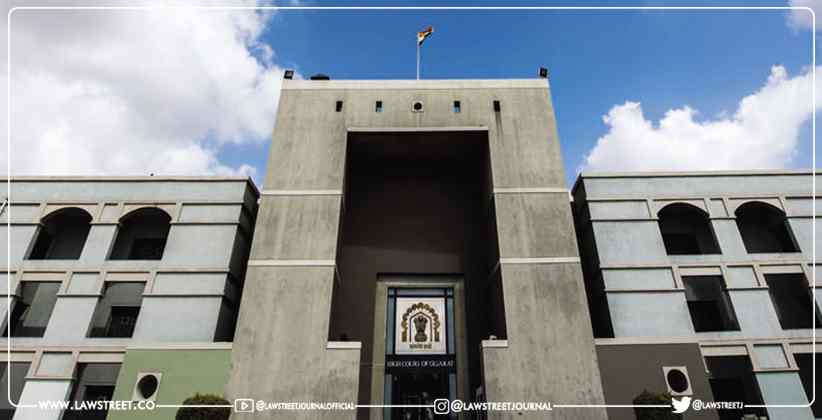The statement was made by the Bench of Justice Ashok Kumar Joshi, in pursuance of a writ petition challenging the judgement of the Appellate Court. The appellate Court had allowed the condonation of 2 years and 5 months of the party in filing the execution petition, against the judgement of the Civil Judge, and upon improper merit.
The Court said, Reasoned order furthers the cause of justice as well as avoids uncertainty it helps in the observance of law of precedent. Lack of reasons introduces an element of uncertainty, dissatisfaction and give entirely different dimensions to the questions of law raised before the higher/appellate courts. The Court should provide its own grounds and reasons for rejecting claim/prayer of a party whether at the very threshold i.e. at the admission stage or after regular hearing, howsoever precise they may be...The aforesaid should be weighed with by all the Presiding Officers while dealing with a case
Case background:
In a suit seeking declaration and permanent injunction a compromise was made between the parties. There was a delay of about 2 years and 5 months from the respondents (original applicant), in filing the execution petition. They therefore filed condonation of delay, which was upheld by the first appellate court.
The Petitioners stated that there was substantial error on the Respondents end for delaying the execution petition by 15 years and the condonation should not have been permitted, whereas the Respondent stated that the Court condoned the delay only upon comprehending the essential facts Further, when the compromise decree was passed, the Respondent had died and his heirs did not know about the decree. The wife of the Respondent also did not know the legal nitty gritty and could not file the execution petition in time.
Judgement
Justice Ashok Kumar Joshi referref to the case of Indian Oil Corporation Ltd. and Ors. Vs. Subrata Borah Chowlek and Ors. [MANU/SC/1252/2010] to comprehend the issue pertaining to the condonation of delay.
It is trite that in a delay application, sufficient cause is the paramount consideration and if sufficient cause is shown, then Court should generally condone the delay. However, if the sufficient cause is imbibed with the laxity on the part of the delayer despite due knowledge, then Court should restrain itself from encouraging such practice and condone the delay.
As admitted, that upon the death of the respondent, the wife of the respondent was unaware about the nitty gritty of law, the Court observed that ignorantia juris non excusat.
What is ignorantia juris non excusat?
Ignorantia juris non excusat is the Latin for "ignorance of the law excuses not" and "ignorance of law excuses no one" respectively. It is a legal principle holding that a person who is unaware of a law may not escape liability for violating that law merely by being unaware of its content.
Nonetheless, it is also trite that every case should be decided on merits rather than mere technicalities, save and except they are inexcusable. Accordingly, in the totality of the facts and circumstances of the case, this Court is of the opinion that the learned first appellate Court has rightly exercised the discretion with a view to advance the substantial justice
Finally the High Court did agree to the order of the first appellate Court lacking substantial reasoning to it. The Bench held that even though the submissions of parties to the First appellate court were detailed, when entertained in appeal, the findings of the Appellate Court were bereft any reasoning and was simply made upon reference from the earlier petitions.
The bench cited the case of State of Rajasthan v. Rajendra Prasad Jain [Criminal Appeal No. 360/2008].
Providing of reasons in orders is of essence in judicial proceedings. Every litigant who approaches the Court with a prayer is entitled to know the reasons for acceptance or rejection of such request. Either of the parties to the list has a right of appeal and, therefore, it is essential for them to know the considered opinion of the Court to make the remedy of appeal meaningful."
Therefore, the Bench held that at least brief reasoning must be provided in judicial orders to secure the ends of justice, even in cases where judicial discretion is exercised.
However, after analysing the record, the High Court found itself in agreement with the impugned judgement and dismissed the petition.
Even though the plea got dismissed and the High Court found itself in coherence with the impugned order, the submissions made by the High Court regarding Speaking Reasoned Orders came as a remarkable guideline for further adjudications.
Case Citation: AYESHABEN WD/O. AHMED ADAM ALINATHA & 8 other(s) Versus HURIBEN ISMAIL ALI SINCE DECEASED THROUGH LEGAL HEIRS









